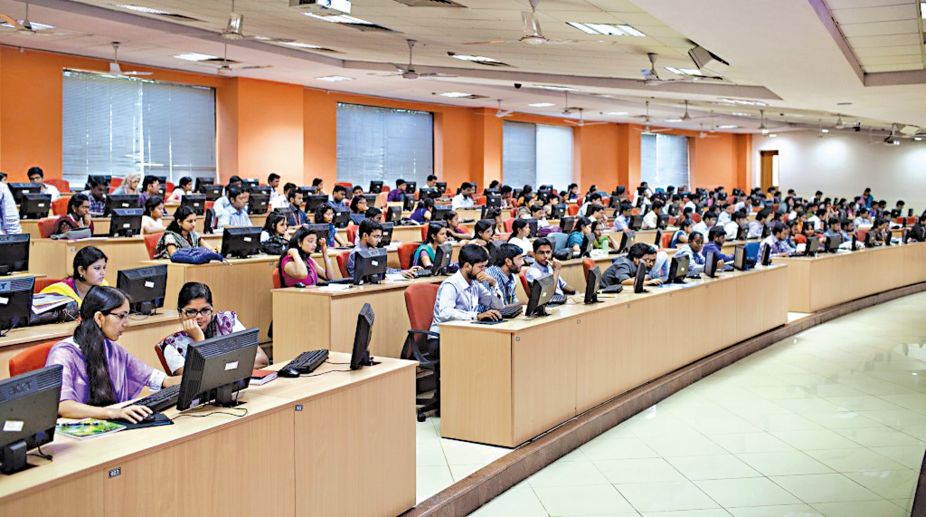India is witnessing a transition to a digital-heavy economy. What started as a unified identification, Aadhar is slowly making its place as an integral part of authentication in banking, insurance, telecommunication.
As per latest available information, cost of transacting via online banking is around Rs 1 and it is even lesser when the channel is mobile. This is pushing the country to a digital transformation walkabout.
Digital transformation is about efficiency and competitiveness. It requires deep understanding of current and emerging business process models and similar understanding of futuristic and disruptive digital technology. These technologies enable transformation, such as the use of augmented reality to improve education and learning.
The use of location based services for real time cross selling / up selling and the application of automated reasoning to transaction processing. Best practices enable the optimisation and the right soft skills sustain digital transformation.
Many companies are responding to the increasing digital environment by adding roles with a digital focus or changing traditional roles to have digital orientation. The synchronicity of digital technology and lean business models is that it not only makes you more efficient, it can also allow you to be something completely different from what you were before. A key point about getting value from technology is being able to drive transformation that technology enables.
Most companies are in the phase of delivering better customer experience, the leaders/disruptors are moving to an era of delivering new value to the customers. Many believe they are innovative simply because they are doing things they weren’t doing before or investing in new technology and bringing in new expertise to implement and manage it. Companies are investing in iteration versus innovation. Iteration is doing the same thing better. Innovation is doing different things to unlock new value to the customer.
How we view the impact of the emerging technologies on value creation for customers are:
Unique and ambient experience: Advancements in information communication technology like augmented/virtual reality is aiding in creating alternative delivery channels, which creates a unique experience for its customers. Companies are utilising the advancements also to open up opportunities beyond the traditional models to reach the previously unserved populations. For example telemedicine, banking services on low range mobile networks (mesh network)
Data currency: Future ready companies rely on a large amount of current data to make decisions. Congruity of the emerging technologies like, IoT, Blockchain, and Cognitive Analytics creates an abundance of data, transparency of data and accessibility to data; that is enabling companies to make better strategic decisions.
Reasoned decisioning: Smarter machines and AI are playing primary role in developing robo advisers in the financial services and intelligent claims processing in the insurance segments.
Dispersed workforce: Millennial generation prefers work flexibility over compensation. Organisations are experimenting with technology solutions driven by mixed reality, proliferating with mobile technology to allow employees work from anywhere in the world.
A good example for this would be the India stack initiative (http://indiastack.org/about/) that enables organisations that are Indian market specific to digitally transform the lives and ensure that the impact reaches the unpenetrated sections of the society.
This stack comprises of a four layers — one enables users to remotely identify themselves for any service from anywhere in the country, individuals move their documentation for identity without humongous paperwork, a digitally enables network enabling individuals and business to transact without physical cash via e-wallets like BHIM powered by payment networks like UPI (Cashless Layer), and finally a pre-agreed network among governmental agencies and third parties to share agreed data freely and securely.
Hence, in an evolving marketplace, a business must proactively innovate to stay ahead of the competition. It must assess, test, analyse and judge the legacy systems faster than ever. The aim for all innovation should be to solve a business problem using the technological advancements as businesses should not retrofit technology so that they can seem innovative.
Innovative solutions aligned to digitalisation, and focus on quick turnaround of Proof of Concepts and prototyping, along with flexible engagement models and flawless delivery are some of the key strengths that would define organisations of the future.
The writer is head digital banking, 3i Infotech











